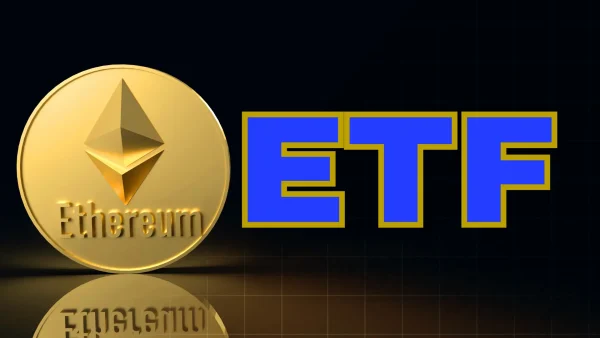Meta’s New Rule: Penalty Threat for AI Image Users
Meta plans to implement new regulations regarding AI-generated content across its platforms like Facebook, Instagram, and threads, as stated in a company blog post on Jan. 6. These measures aim to address the growing concerns surrounding the authenticity and transparency of digital content.
According to the announcement, any content recognized as AI-generated, either through metadata or intentional watermarking, will be visibly labelled. Moreover, users will have the option to flag unlabeled content suspected of being AI-generated, empowering the community to contribute to content moderation efforts.
This initiative reflects Meta's evolving approach to content moderation, reminiscent of its earlier practices before the emergence of AI-generated content. By empowering users to report violations and ensuring transparency in content labelling, Meta aims to maintain the integrity of its platforms.
Looking ahead to 2024, Meta is leveraging its vast user base to enhance content moderation capabilities. By enabling users to flag AI-generated content, Meta harnesses the power of crowdsourcing to address emerging challenges in digital content authenticity.
According to the blog post:
“We’ll require people to use this disclosure and label tool when they post organic content with a photorealistic video or realistic-sounding audio that was digitally created or altered, and we may apply penalties if they fail to do so.”
Enhancing Detection of AI-Generated Content
Creators using Meta's platforms will be required to label their content as AI-generated to avoid potential repercussions. While Meta implements watermarking and labelling for content generated using its tools, it acknowledges limitations in detecting AI-generated audio and video content at scale.
To tackle this issue, Meta collaborates with industry partners like Google, OpenAI, Microsoft, Adobe, Midjourney, and Shutterstock. Together, they seek to develop methods for detecting invisible watermarks and enhancing content authenticity verification.
However, Meta acknowledges the current limitations in detecting AI-generated audio and video content, including deepfake technology, at scale. This underscores the ongoing efforts needed to address the evolving landscape of digital content authenticity and integrity.



